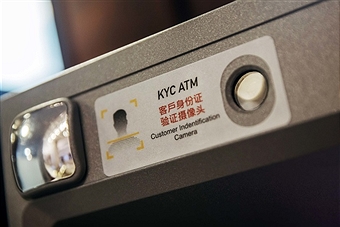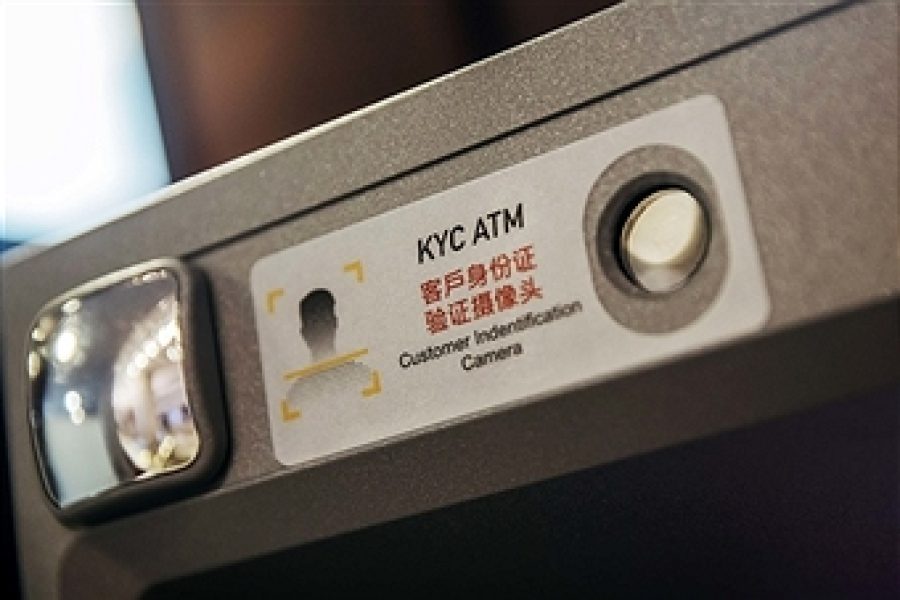Financial Intelligence Office (GIF) Director Ng Man Seong said that the Know Your Customer (KYC) security feature installed in the city’s ATMs will enhance the government’s ability to exchange information on money laundering and suspicious transactions with the mainland authorities.
Ng made the remarks while speaking to reporters on the sidelines of the opening ceremony of the plenary meeting of the 24th Egmont Group, at Sands Cotai Central.
While the meeting, which ends today, began on Sunday its opening ceremony was only held on Thursday.
According to a GIF statement, the Egmont Group, established in 1995, is a united body of financial intelligence units around the world. Financial intelligence units specialise in the analysis of financial intelligence and suspicious transactions in support of investigations into financial and other types of crimes, the statement said.
The Egmont Group is a body of 154 financial intelligence units, and has become an effective platform for its members to exchange information and experience in the fight against money laundering, financing terrorism and financing the proliferation of weapons of mass destruction, the statement said.
The government announced in May that all local ATMs must install KYC in order to protect Macau’s financial system and the interests of cardholders whose bank cards have been issued in the mainland.
According to Wikipedia, KYC is a process of a business identifying and verifying the identity of its clients. It also refers to the banking and anti-money laundering regulations which govern these activities.
Holders of bank cards issued in the mainland are required to show their identity card for face recognition when they withdraw cash from ATMs in Macau. Holders of bank cards issued locally and places other than the mainland are not affected by the measure.
The government said in a statement in May that the measure would help Macau to fulfil its responsibilities as a member of the Asia/Pacific Group on Money Laundering (APG).
The statement in May also said that the government has implemented a raft of anti-money laundering and counter-terrorism finance measures. It has also cooperated with the Asia/Pacific Group on Money Laundering’s evaluation procedures and followed the Financial Action Task Force’s (FATF) requirements when implementing such measures, the statement said.
The government said on Monday that KYC had been installed in 834 local ATMs by Sunday. The government also said at that time that the ATMs which still did not have KYC ceased to provide cash withdrawal service to holders of bank cards issued in the mainland from Tuesday.
When asked by the media yesterday whether the local government has transferred any cases to the mainland after KYC has been installed in local ATMs, Ng said her office had always had information exchanges with authorities in the mainland – before and after the installation of KYC. She was quick to add that the installation of KYC in the city’s ATMs will enable the local government to use it to more effectively exchange information with the mainland.
Meanwhile, Secretary for Economy and Finance Lionel Leong Vai Tac told at the opening session that 2017 was an “important year” for the city’s fight against money laundering, considering that two amendment bills on anti-money laundering measures and anti-terrorist financing were passed by the legislature and took effect in May.
Leong also said that Macau would start implementing its cross-border cash declaration system at the end of the year, pointing out that the measure would bring Macau in line with international practice.






